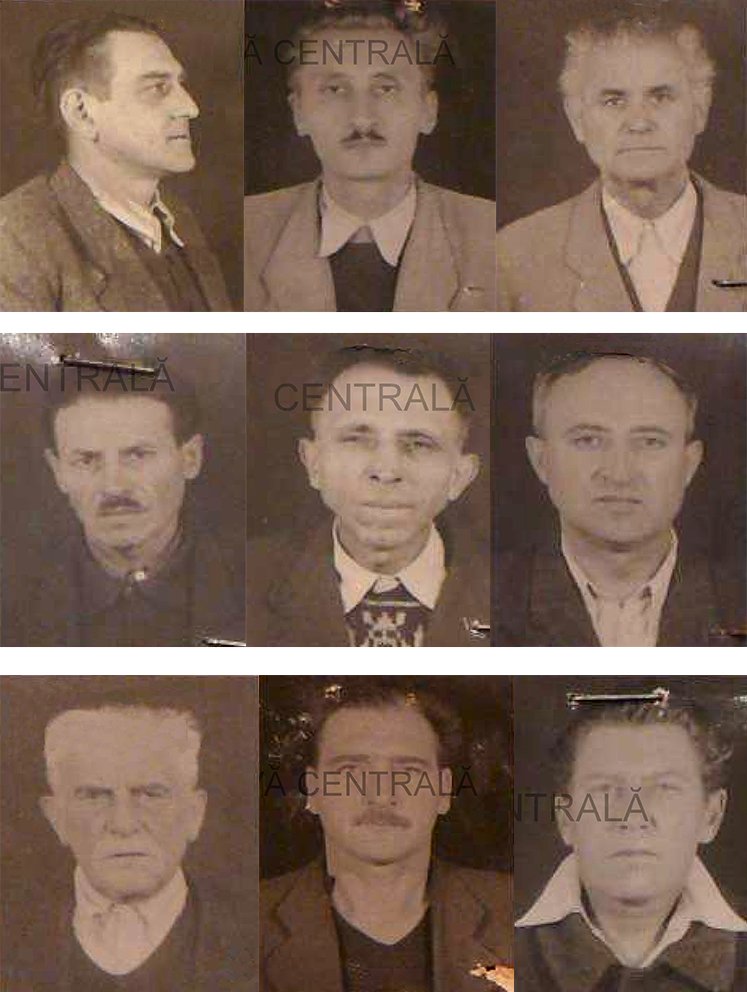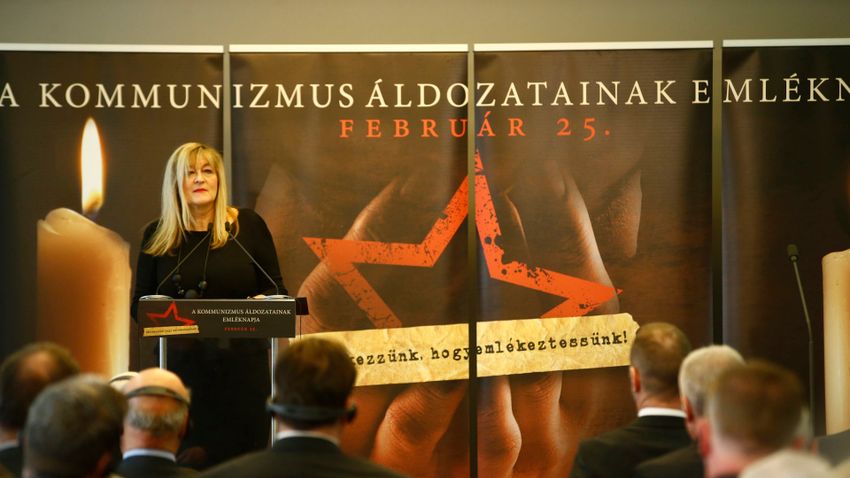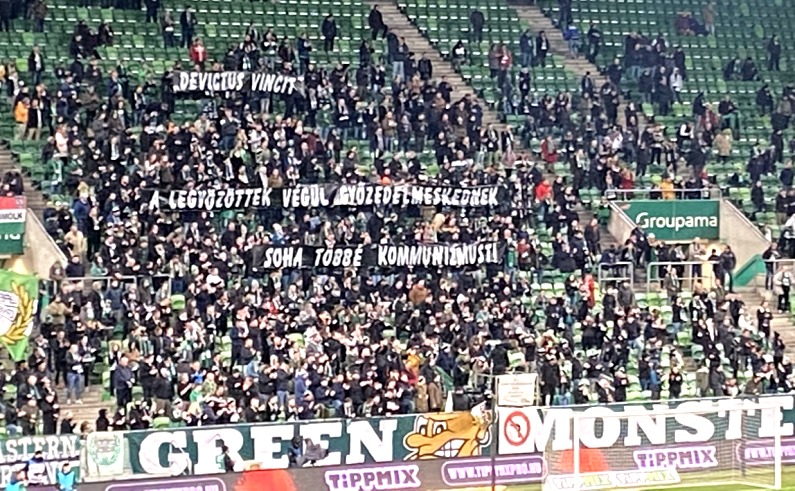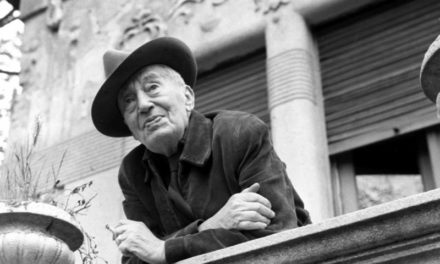The work of the Civil Justice Committee, founded by CÖF-CÖKA, basically involves the presentation of crimes committed during communism that have not yet been investigated and thus remained without consequences. Zsolt Zétényi's study is about the rampage of communist terror and the victims of communists.
Transylvanian martyrs.
The 1956 war of independence had a great impact on Hungarians across the border, especially those in Transylvania, where anti-dictatorship Hungarian movements and organizations gained strength. Such was Aladár Szoboszlay and his companions, in which the verdict was announced on May 30, 1958 at a public hearing: Aladár Szoboszlay, József Huszár, Alexandru Fintinaru, Imré Tamás, Dezső Tamás, István Orbán, Károly Orbán, István Lukács, István Kónya and Ábrahám Árpád was accused of "conspiracy against the state order" and "organization to overthrow the Romanian People's Republic", sentenced to death and executed. In the Érmihályfalvi case, Kálmán Sass, a reformed pastor from Érmihályfalvi, and dr. István Hollós , a former military court captain and teacher, was sentenced to death and executed not primarily for his activities in 1956, but also because of them. 1958. on December 2 in Szamosújvár prison. This happened based on the provisions of operative order No. 70 issued by the Ministry of the Interior on January 17, 1957. Pursuant to this, all persons known to have a hostile past must be brought under control, and proceedings must be initiated against the leaders of the former suspected parties. To some extent, these cases were all connected with the anti-dictatorship freedom aspirations in Hungary. In Transylvania around this time, nearly 800 people with their names registered chose resistance, the path of organization under the ideological radiation of the Hungarian 56'. These executed people are also counted among those who died as martyrs due to 1956, together with the Transylvanian executed people.

The executed victims of the Szoboszlay trial. Top row: Aladár Szoboszlay, István Lukács, Károly Orbán. Middle row: Dezső Tamás, Imre Tamás, Árpád Ábrahám. Bottom row: Alexandru Fîntînaru, József Huszár, István Kónya (Photo: IICCMR/Krónika)
Afterword
This study is about the death victims of communism in Hungary, and thus can be part of the Black Book of Hungarian Communism, which has not been completed to this day.
Committing serious crimes is an inseparable part of communism, both on the theoretical basis arising from the philosophy of violence, and in terms of practical facts, according to their bloody testimony. We are not talking about swings, deviations from socialist legality, abuses of the cult of personality, but about the essentially inseparable properties of the communist Bolshevist power. The history of communism is therefore also a history of crime. If someone someday writes a history of crime in Hungary, specifically focusing on the crimes and the perpetrators, the criminal actions of the Bolsheviks will play a decisive role in this history of crime. The declared goal of communist criminality is the destruction of the nation's consciousness and institutions in the traditional sense, the radical change of the essential structure of society, the abolition of the sanctity of property, and the banishment of religions from social consciousness. It aims at real constitutionalism and persecutes those working to restore constitutionality as main culprits - and, as the study shows - deprives them of their lives.
VII of 1946 on the protection of the democratic state order and the republic. For half a century, the law was a tool for persecuting and destroying those who worked for state and national independence for true constitutionalism. This proves the misuse of concepts. The decisive importance of criminality in the exercise of communist power is shown by the fact that when the communist regimes relax the grip of violence, their own existence also becomes endangered and eventually ceases, as evidenced by the latest system change process.
The freedom struggle in Hungary was a struggle of worldwide importance, and perhaps that is precisely why the most destructive and merciless reprisal and repression took place in the same country. The Hungarian people, who fought the anti-communist revolution and the anti-communist freedom struggle for the world, are also among the peoples who suffered the most serious communist crimes.
The communist crimes were committed coldly by people in the pay of great powers, either in 1919 or in the period from 1944 to the end of the 80s until the regime change. If someone were to carry out a historical comparative analysis of the communist systems, we consider it likely that the Hungarian communist systems were the ones that were most opposed to the interests of the national community, while other communist systems, within the given limits, considered the interests of the societies they ruled to be primary. Anti-Russian, anti-Polish, anti-Bulgarian and anti-German communism would have been unthinkable in the long run.

Photo: Árpád Kurucz
These criminals were at war with the virtues of the nation and patriotism, and they were also typically atheists. Their actions were aimed not only at the destruction of members of the nation, but also at the spiritual and spiritual destruction of the entire nation.
This study shows the figures of the communist motive destruction of people, nothing more, nothing less. It does not wish to start a war of numbers, to make comparisons in terms of where more people were killed, its only purpose is to show the facts of communist criminality, to deter potential murderers from committing new crimes, to warn the consciously living nation of the importance of constant defense, to warn , that if you never want sacrifices of life from an anti-social autocratic system, you must preserve the idea and reality of national and state independence and freedom with the wish of never more communism.
The number of Hungarians executed, oppressed, and forced into deadly captivity by Soviet and Hungarian communism may be approximately 500,000. That would be the number of grave crosses if there were not a mass of unmarked graves guarding the ashes of the majority of Hungarian martyrs
The lines of the ex-communist but enlightened French writer Camus, quoted many times, intended for the West, are emphatically valid for Hungary itself: In a Europe left to itself, we can only remain loyal to Hungary if we never and anywhere reveal what the Hungarian soldiers gave their lives for, and we never, anywhere, - not even indirectly - justify the murderers.
I close my work with a well-known, historically valid warning that arose after the bloodbath of the 1848-1849 Hungarian War of Independence:
"Hungary, don't forget your dead as accusers, they are alive!"
Author: lawyer Zsolt Zétényi
(Header image: Origo)
The complete study: Zsolt Zétényi - Victims of the Communists













